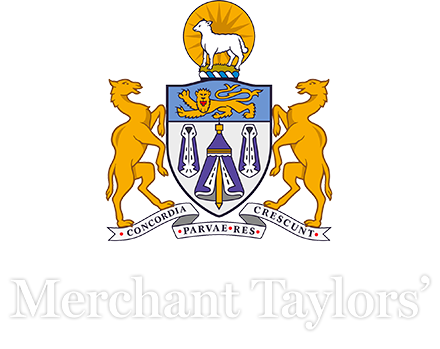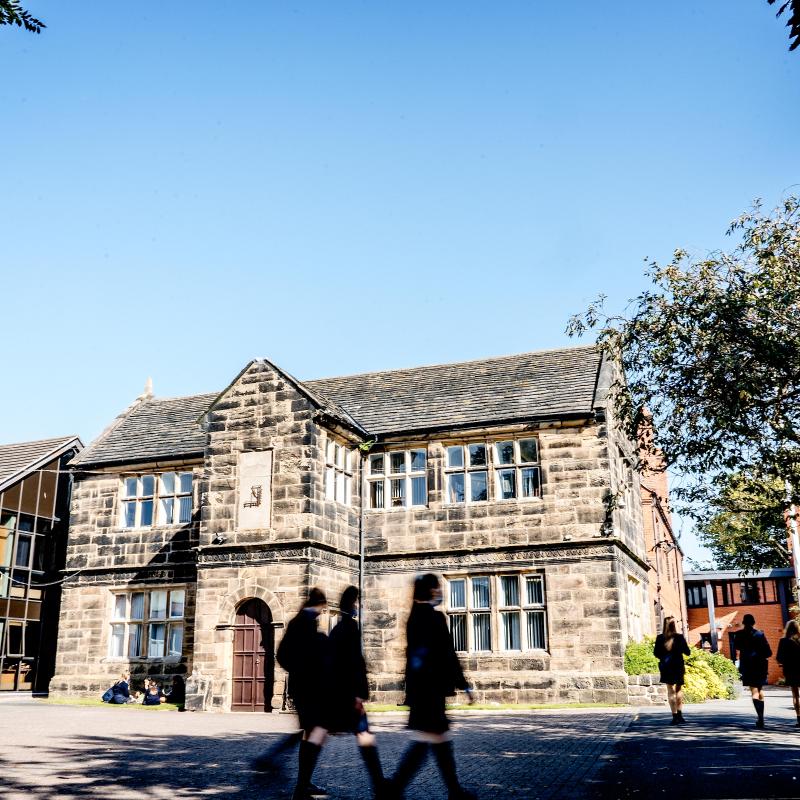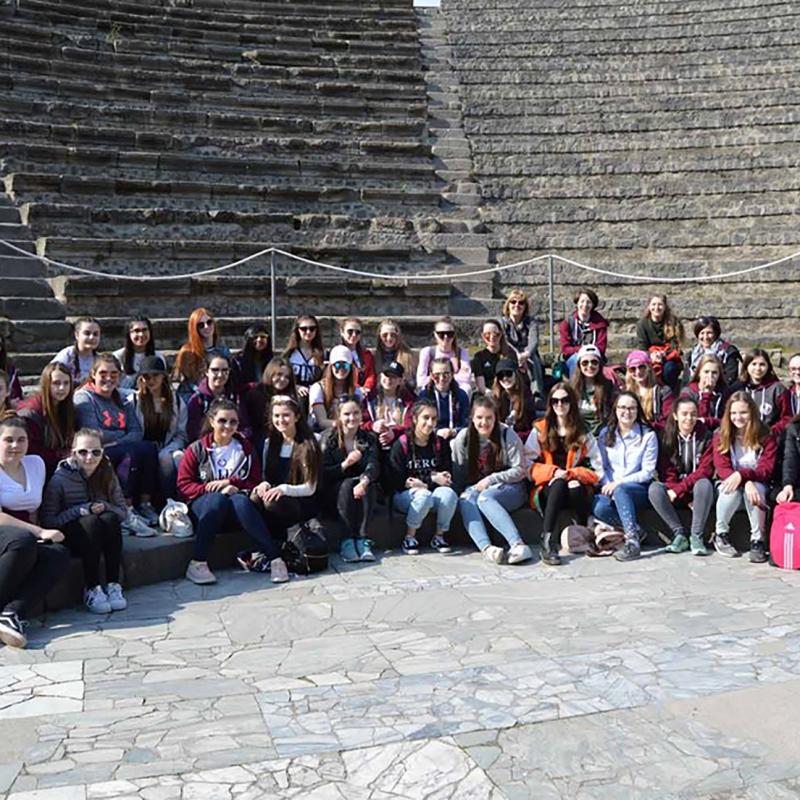Chemistry
Chemistry is a highly successful and popular subject throughout the school. It offers enrichment and co-curricular opportunities from Year 9 to Year 13, beginning with Chemistry Club and continuing up to preparations for the International Chemistry Olympiad during Tendo sessions.
In Year 7 and 8, Chemistry forms part of the General Science teaching scheme, when pupils are introduced to important foundation topics and skills for the later years. From Year 9, pupils are taught Chemistry as a separate science. For GCSE, pupils can choose to study Chemistry as a separate science, following the AQA specification. We also offer Trilogy Science GCSE, also AQA, as an alternative. To take Chemistry in the Sixth Form, students are strongly advised to have taken the separate Chemistry course at GCSE.
Lower School
As Chemistry forms only a partial role in the General Science courses at Year 7 and 8, the department offers a Chemistry Club for KS3 pupils which allows pupils to engage with the core of the subject and explore some experiments which are not part of mainstream teaching, e.g. making bath bombs and alginate worms.
The department has developed its own syllabus for Year 9 which builds on the foundations from Year 7 and 8, and starts to introduce pupils to important aspects of their GCSE courses, e.g. atomic structure and organic chemistry. The syllabus taught in this pivotal year covers a broad spectrum of Chemistry with the underlying aim of providing pupils with a good understanding of chemicals and how they are important to our lives; the course covers what chemicals are made from, what holds atoms together, how reactions are made to go faster, chemical patterns and how useful chemicals such as metals are obtained. There is the opportunity for practical work to enable development of skills, as well as research and project work. This course provides pupils with a solid base on which to build while delivering knowledge to help with all of their science subjects.
During Year 9, we also offer the opportunity to become a member of the “Top of the Bench” team and participate in a competition organised by the Royal Society of Chemistry.
GCSE
Chemistry is the study of the properties of all types of materials, including how they may be converted into useful and desirable substances, as well as the effects of using chemicals.
It is an important aspect of education for the modern world and essential for the study of medicine and for many other courses in science and engineering. Students who might consider Biology for A-Level are advised to choose Chemistry to at least GCSE, while many other science- related careers also require or look favourably upon Chemistry.
The AQA GCSE courses for both separate Chemistry and Trilogy, consists of 10 topics, covering aspects of physical, inorganic and organic chemistry.
Pupils are required to complete practical experiments throughout the course. Assessment is linear and there are two examinations at the end of Year 11.
Chemistry GCSE provides an effective grounding for students to:
– Learn about the unifying patterns and themes of Chemistry
– Appreciate the practical nature of Chemistry, acquiring experimental and investigative skills
– Grasp the importance to scientific methods of accurate experimental work and reporting
– Develop a logical approach to problem-solving in a wider context
– Appreciate how the work of the chemist has social, industrial, technological, environmental and economic consequences for the community
– Prepare for more advanced courses in Chemistry and for courses which require them to have a knowledge of Chemistry
A Level
Chemistry is a demanding, yet rewarding A-Level course, taught by subject specialists in purpose-built laboratories, with assistance from a dedicated specialist Chemistry technician.
Pupils must have a keen interest and an active curiosity for the subject, as well as strong grades at Chemistry GCSE, in order to study it at A-Level.
An A-Level in Chemistry is largely essential for Medicine and many other science-related courses at university and its complexity means it is also well-regarded for courses such as Law or Economics.
The AQA Chemistry A-Level course revolves around three traditional elements – Physical Chemistry (including atomic structure, kinetics and thermodynamics), Inorganic Chemistry (including group chemistry and transition metals) and Organic Chemistry (including mechanisms, synthesis and analysis).
Assessment takes place over the 2 years, with topic tests and an internal exam at the end of the first year. The result of the latter will be used to support UCAS grade predictions. The A-Level itself is examined in three exams at the end of the second year.
Theory work is complemented by extensive practical work which illustrates many aspects of the theory but also allows pupils to gain a pass for laboratory skills in addition to the traditional A-Level grade, which again will support applications to top universities.
The department provides a range of enrichment and co-curricular activities to enhance classroom work and enable pupils to demonstrate the independence of thought required to access demanding courses at top universities.
At the end of the first year, every pupil has the opportunity to take part in the Cambridge Chemistry Challenge and during their second year, pupils can prepare for the first round of the International Chemistry Olympiad. Links with local universities are well established.




